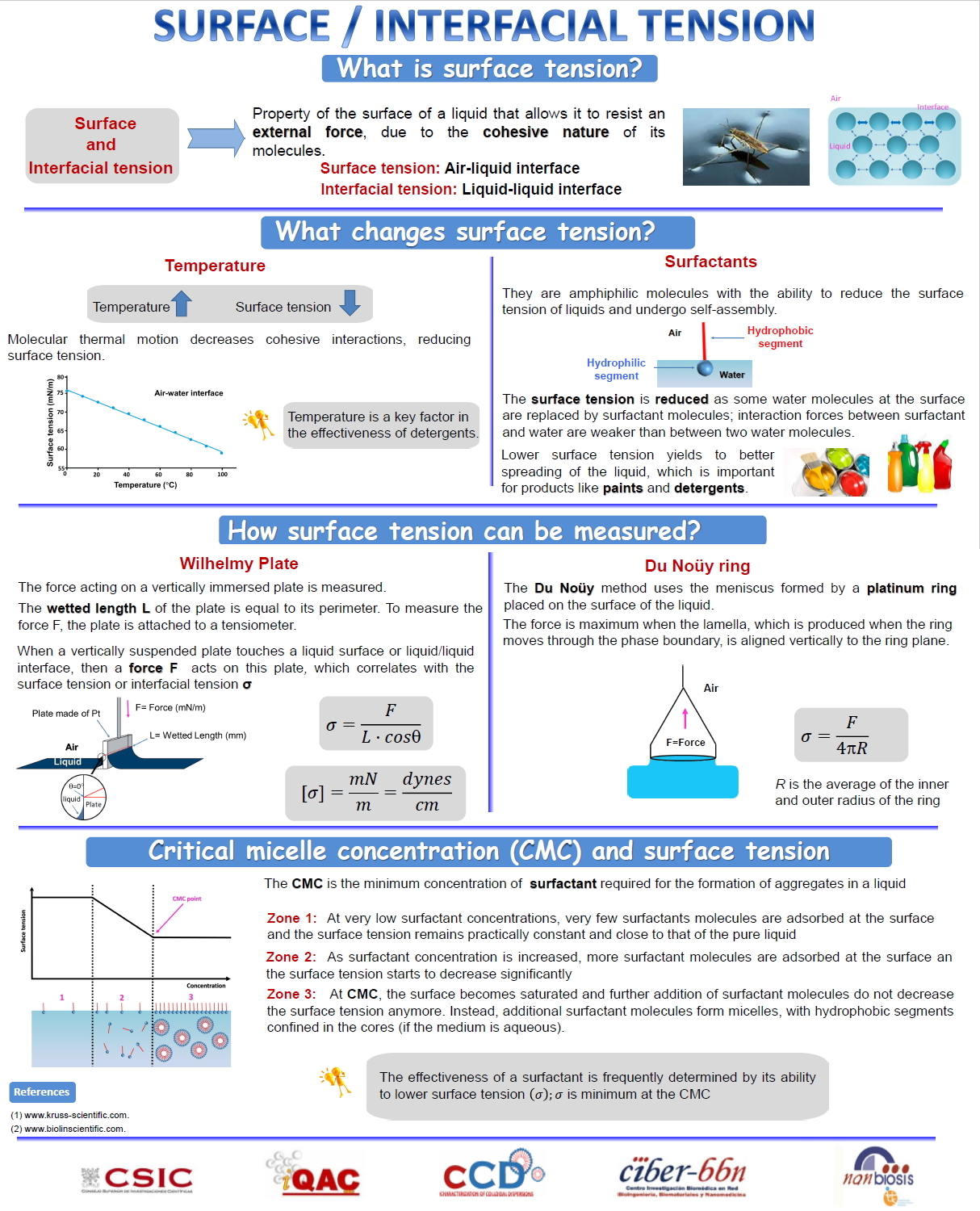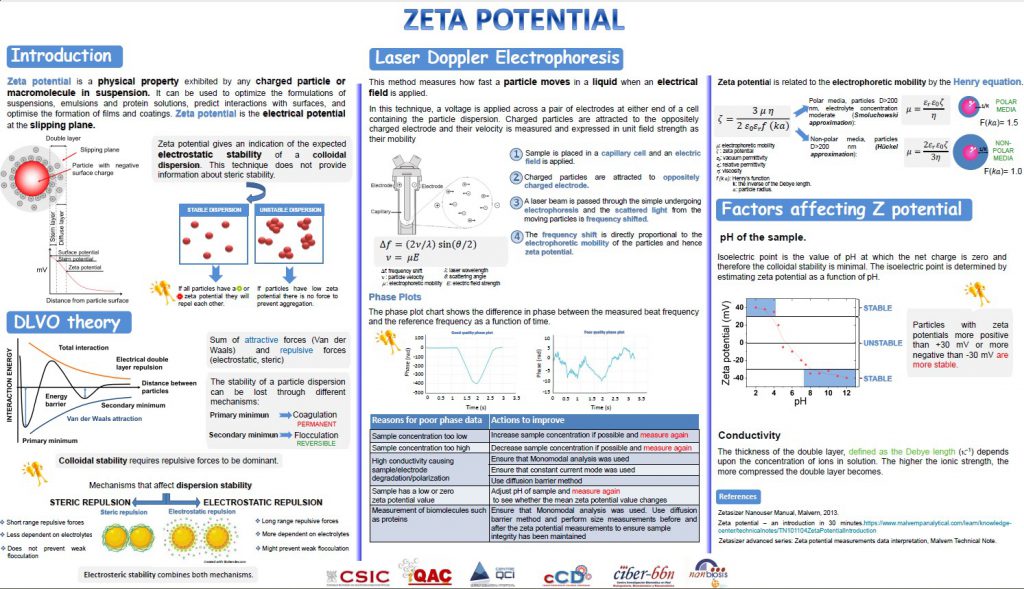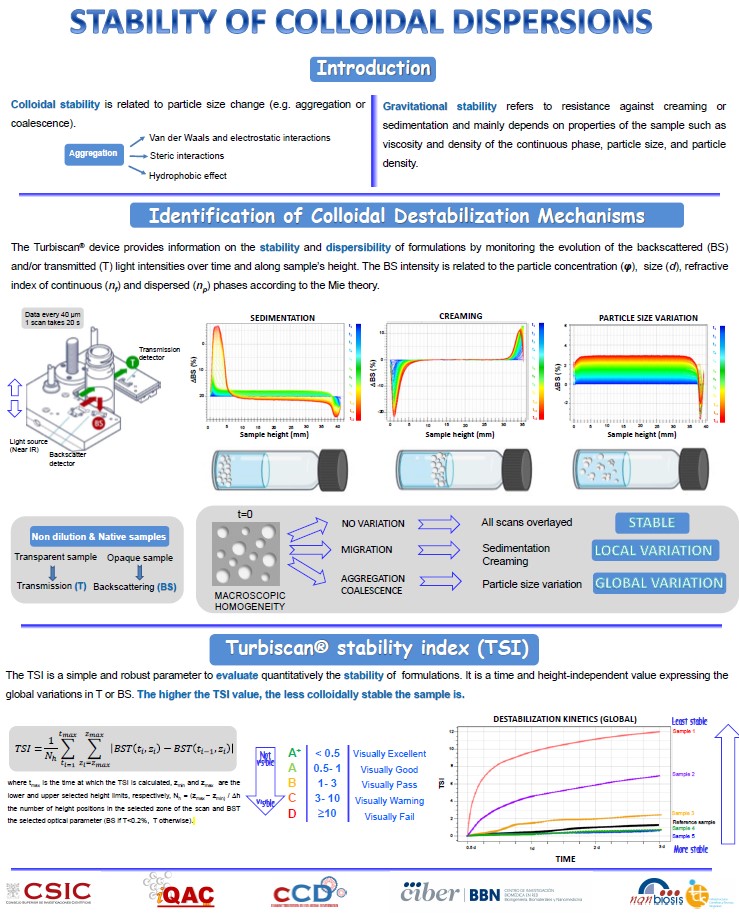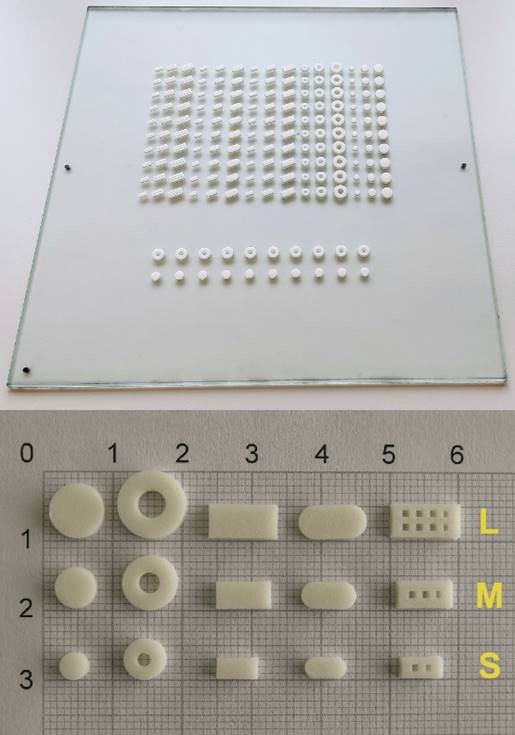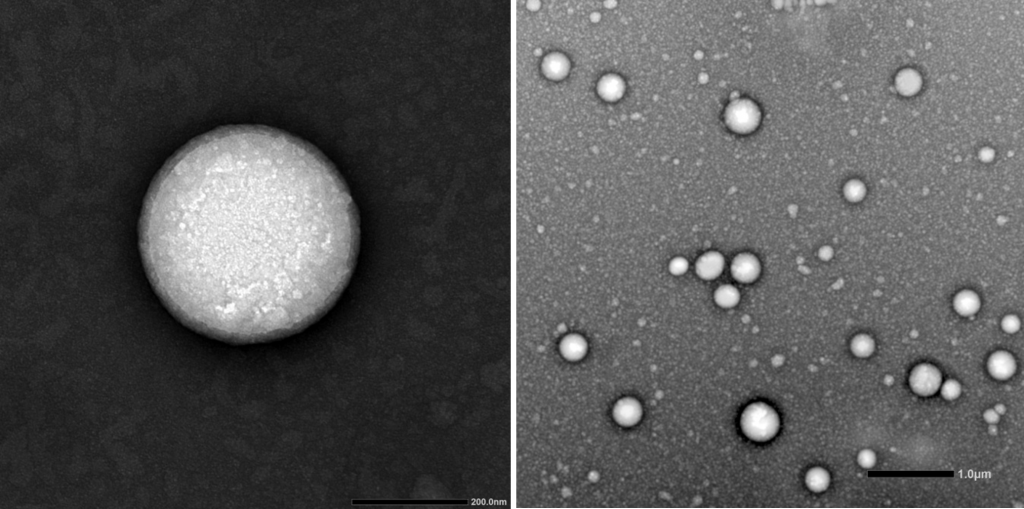U12-S03. Determination of the phase behavior of surfactant and polymers systems
Determination of the phase behavior of surfactant and polymers systems
This is an integrated service in which we offer the determination of the phase behaviour (e.g. as a function of temperature and concentration) of surfactants and polymers using different characterization techniques such as SAXS and polarized optical microscopy.
Customer benefits
- Specialized in colloidal samples
- Wide range of available techniques
- ISO9001 certification for standard quality control system
- Highly qualified and continuously trained staff
- Adapted to customers’ needs
The services provided by the unit are very relevant for product formulation and quality control.
Target customer
Public research organizations, academia and industry in the pharmaceutical, chemical, food and cosmetic sectors.
Additional information
More information can be found at https://www2.iqac.csic.es/qci/










